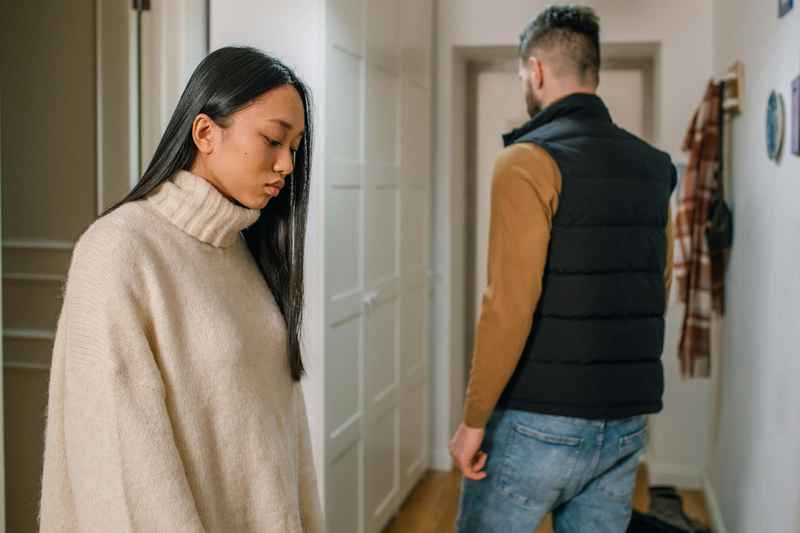The Hidden Power of Connection in Self-Love
Have you ever found yourself caught in the belief that loving yourself means doing it all alone? That somehow, to truly love yourself, you have to cut off your need for others and be completely independent? It’s a common idea we hear — “You’re better off on your own. You don’t need anyone else to succeed.” But is that really the truth of self-love, or is it just another way we distance ourselves from the very connections that can heal us?
The Myth of Self-Reliance
There’s this idea floating around that to love yourself, you have to be so self-sufficient that you no longer need anything from anyone. It sounds empowering at first. We hear things like “Don’t depend on anyone else for your happiness” or “No one can love you like you love yourself.” But the truth is, when we try to shut down our need for others — when we try to be an island — we’re not actually practicing self-love. We’re isolating ourselves from the very thing that could nurture us the most: connection.
People who truly love themselves don’t see their need for love from others as a weakness. They don’t push away those needs in the name of independence. Instead, they honor those needs. They recognize that part of loving themselves is allowing space for others to love them too. They seek out meaningful connections because they understand that human beings are wired for love, for support, and for deep connection with one another.
Being Open to Receiving Love
Self-love doesn’t mean denying the very real human need to be loved by others. In fact, part of loving yourself means acknowledging this need and actively seeking out those who can offer you that love. It means opening yourself up to the possibility that others can and will show up for you in meaningful ways, and being willing to receive that love when it’s offered.
We sometimes get trapped in the idea that to love ourselves, we need to be so independent that we don’t need anyone else. But this is a misunderstanding of what self-love truly is. Real self-love includes an openness to others. It’s about recognizing that part of our growth and healing comes from our relationships, from being vulnerable enough to let people in, and from knowing that we’re worthy of being loved by others.
The Wounds That Block Self-Love
For many of us, our capacity for self-love has been damaged by past wounds. We’ve been hurt, betrayed, or abandoned by people we trusted, and as a result, we’ve put up walls. We’ve shut down our need for connection because it feels safer that way. If no one can get close, then no one can hurt us. But these walls, while they might keep out the pain, also keep out the love.
Over time, these defenses become coping mechanisms. We convince ourselves that we’re better off alone, that no one can be trusted, or that we’re somehow different from everyone else — less deserving of love, less worthy of connection. But these beliefs are not true reflections of who we are. They are the stories we tell ourselves to survive. And while they might help us get through the day, they’re not serving us in the long term. They’re keeping us isolated, disconnected, and far from the love that we deeply crave.
Breaking the Cycle of Isolation
The good news is, this cycle can be broken. We don’t have to live our lives feeling like we’re on the outside looking in, watching everyone else experience love and connection while we remain isolated. The belief that “everyone else has it better” is an illusion. Self-love is not about being perfect, and it’s not about being so strong that you never need anyone. It’s about being honest with yourself about your needs, including your need for connection and love from others.
Real self-love requires us to be brave enough to admit that we can’t do it alone, that part of loving ourselves is allowing ourselves to be loved by others. It requires us to take down the walls we’ve built to protect ourselves and to trust that there are people out there who can and will show up for us. It’s not easy, and it doesn’t happen overnight, but it’s possible.
Self-Love and Connection: A Vital Relationship
There’s a deep relationship between loving yourself and allowing others to love you. When you truly love yourself, you don’t see your need for others as a flaw. You recognize it as a natural, human part of who you are. You don’t try to pause or put on hold your need for connection, thinking that maybe one day, after you’ve “healed enough,” you won’t need others anymore. Instead, you realize that part of your healing, part of your growth, and part of your self-love is found in the act of connecting with others.
It’s through those connections that we sometimes see ourselves most clearly. It’s through being loved by others that we begin to understand what it means to truly love ourselves. And when we deny ourselves that connection, we’re not practicing self-love — we’re practicing self-isolation.
The Challenge of Vulnerability
One of the biggest challenges in practicing self-love is allowing ourselves to be vulnerable. It’s difficult to open up when we’ve been hurt in the past, and it can feel like we’re risking everything by letting others in. But vulnerability is not a weakness. It’s one of the most powerful ways we can practice self-love because it requires us to be honest with ourselves about our needs. It requires us to admit that we can’t do it all alone, and that we don’t have to.
When we allow ourselves to be vulnerable, we create space for others to show up for us. We create space for connection, for support, and for love. And in doing so, we create space for deeper self-love as well. We begin to understand that loving ourselves isn’t about being an island — it’s about being part of a greater whole, part of a community of people who can offer us the love and support we need to thrive.
The Illusion of "Perfect" Self-Love
One of the traps we often fall into is the idea that self-love means being perfect. We think that once we reach a certain level of self-awareness, healing, or growth, we’ll finally love ourselves. But self-love isn’t about perfection. It’s about accepting yourself as you are, flaws and all. It’s about recognizing that you’re worthy of love — from yourself and from others — right here, right now, even in your imperfection.
Real self-love is messy. It’s imperfect. It’s full of moments where you doubt yourself, where you feel unworthy, and where you struggle to let others in. But it’s in those moments that self-love matters the most. It’s in those moments that you have the opportunity to practice loving yourself — not by shutting yourself off from others, but by opening yourself up to the possibility that you’re worthy of love and connection, even when it feels hard.
Conclusion: Embracing Connection as Part of Self-Love
The truth is, people who truly love themselves don’t try to do it all on their own. They don’t shut down their need for love from others in the name of independence. Instead, they honor that need. They seek out connection. They allow themselves to be loved. And in doing so, they practice the deepest form of self-love.
The Inner Foundation Series is designed to help you reconnect with yourself and others. By exploring the art of inner mapping, you’ll learn how to cultivate both self-love and meaningful connections, creating a foundation for deeper healing.

